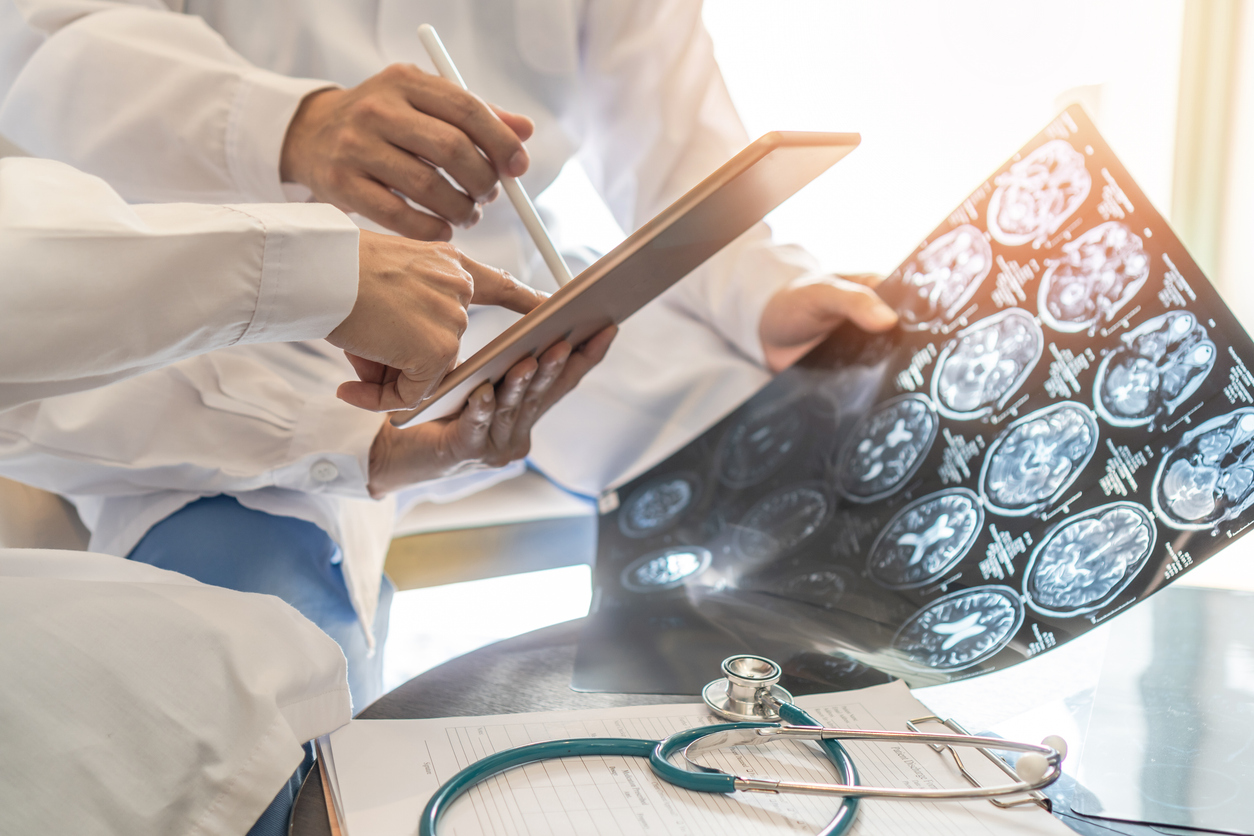Jason Stephens | May 12, 2023 | Brain Injuries

Brain injuries are some of the most serious wounds that can result from accidents. The brain is a delicate and complex organ, and damage to it can have a huge impact on your life. But did you know that your brain is capable of healing itself after an injury?
Your brain is remarkably good at adapting to damage and returning to a normal level of function. Read on to learn how your brain repairs itself after a traumatic brain injury.
Can Your Brain Heal?
You may have heard that your brain never grows new cells, and while that’s somewhat true, it doesn’t mean your brain can’t heal. It is true that your brain doesn’t produce new cells once you’re an adult. Once a neuron dies, your body will not produce another one to replace it.
That being said, your brain cells are more “malleable” than some of the other cells in your body. Your brain can shift brain function around to make up for the lost cells. This is the healing that happens after a concussion injury.
Shifting Neuron Responsibilities
The first thing your brain will start doing after an injury is shifting around neuron responsibilities. Your brain changes over the course of your life as you learn and grow, shifting around neural pathways as you take in new information. And after an injury, your brain will start to reroute those neural pathways.
Imagine your brain is a city road system, and a tornado comes through and takes out one of the bridges in town. That route may be out of commission, but the city can reroute traffic through other roadways to get to the destinations on the other side of the bridge. In a similar way, your brain can reroute your neural pathways to make up for the lost cells.
Clearing Out Dead Tissue
Of course, once all the neural pathways have been rerouted around the damaged area, the work is only halfway through. There is still a collection of dead cells that need to be disposed of. Left in place, these cells could start to decay, causing an infection in your brain that could threaten the healthy cells.
Your brain will also begin to clear the dead tissue out after your injury. If that dead tissue doesn’t get cleared out, you could be at risk of encephalopathy or another infection in your brain.
How You Can Help
There are some things you can do to help your brain heal faster and more effectively after a brain injury. First of all, it’s important to get plenty of sleep. Sleep is when your brain clears out waste and dead tissue, so you need to get lots of sleep during your recovery period.
It’s also a good idea to avoid alcohol, caffeine, and drugs during the healing process. Try to avoid playing video games, reading, playing sports, exercising, and doing other mentally or physically tasking activities while you recover. Make sure to drink lots of water, eat a healthy diet, and follow your doctor’s instructions to the letter.
Getting Compensation for Your Injury
Brain injuries can be terrifying, and some do cause lifelong damage. But your brain is remarkably good at adapting and healing after an injury. While those damaged cells will never grow back, your brain can shift your neural pathways to different cells so you don’t lose function, all while clearing the dead cells out of the way.
If you’ve suffered a brain injury, you could be entitled to compensation. The attorneys at Stephens Law have more than two decades of experience fighting for the citizens of Fort Worth. Schedule a free consultation with us today to start work on your case.
Contact Our Brain Injury Law Firm in Fort Worth, TX
If you’ve been injured in an accident in Fort Worth and need legal help, contact our Fort Worth brain injury lawyers at Stephens Law Personal Injury | Wrongful Death | Truck Accidents to schedule a free consultation.
Stephens Law Personal Injury | Wrongful Death | Truck Accidents
1300 S University Dr # 300
Fort Worth, TX 76107
(817) 420-7000
